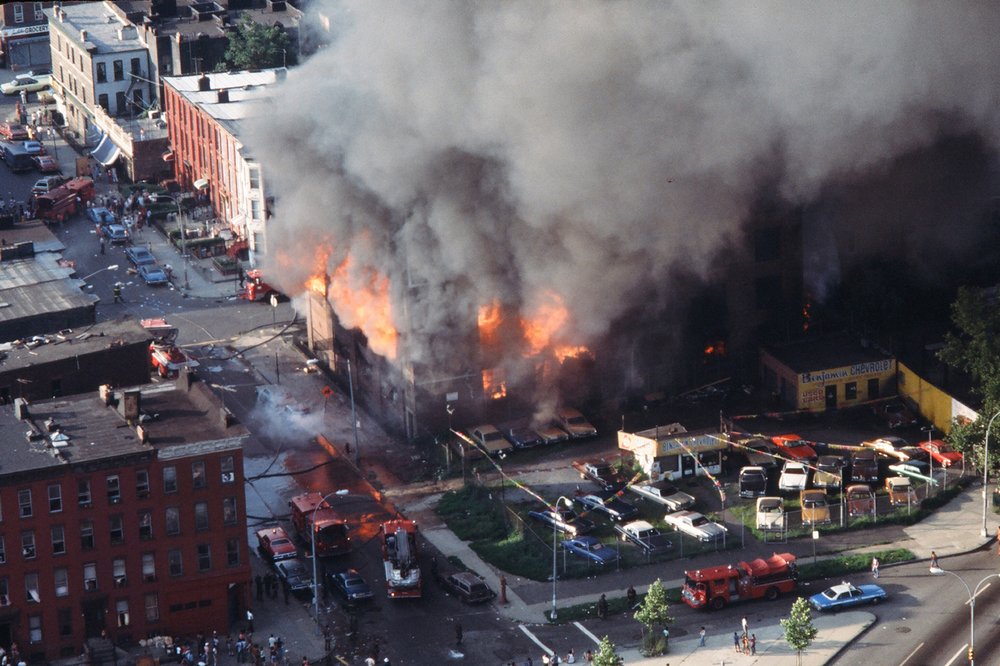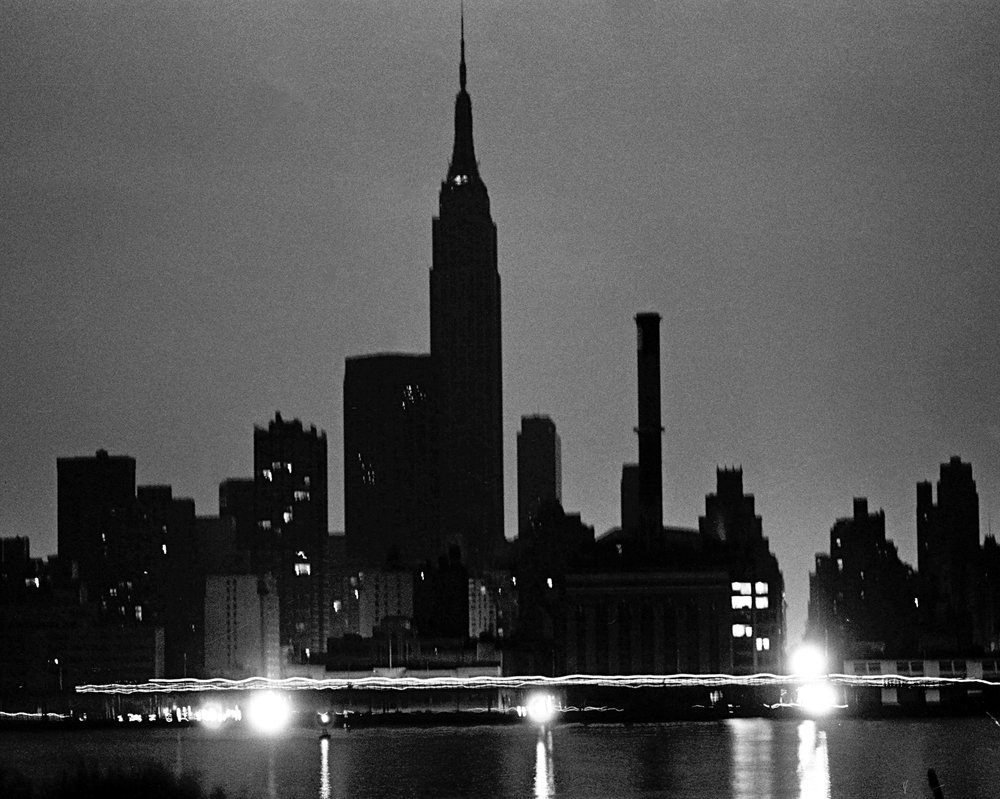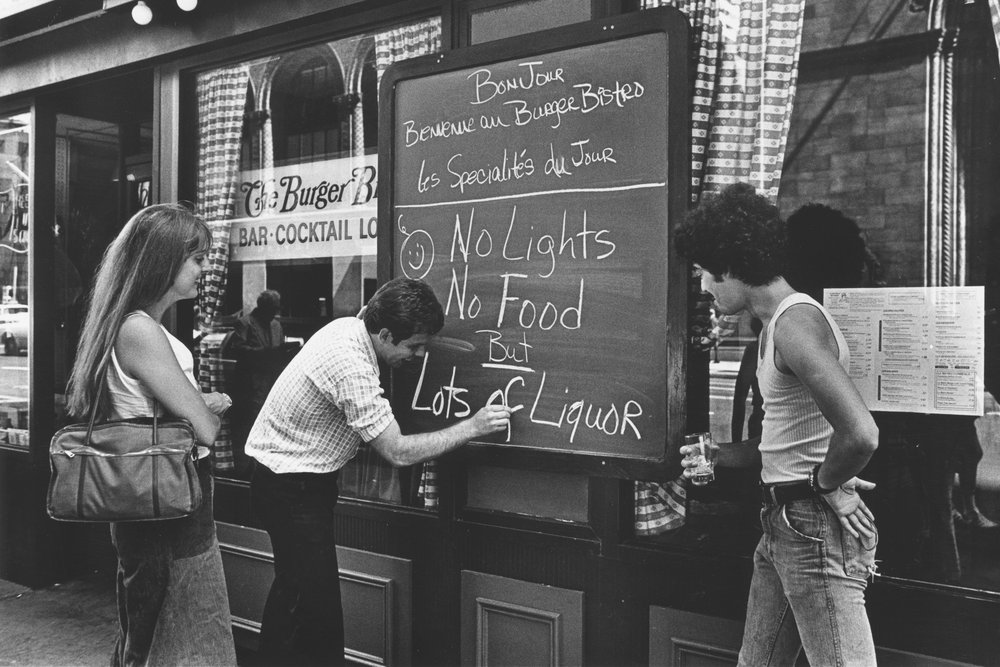Remembering NYC's 1977 blackout, 46 years later
July 13, 2023, 6 a.m.
Crime was out of control and the city's economy was cratering. Then the lights went out.

The infamous New York City blackout of 1977 — when most of the metropolitan area lost power for two days — happened 46 years ago on Thursday.
The two-day ordeal, which gave rise to widespread looting and arson, came at a period of high crime and economic decline for the city. It was a result of a series of lightning strikes that first hit the Buchanan South substation by the Hudson River on July 13. After several other strikes and nearly an hour after the first crack of lightning, the power system running to the city completely shut down.
It would take until late the following day for all power to be restored. The blackout was so notorious that PBS aired a documentary 38 years later outlining the events of July 13 and 14 of 1977.
At the time, New York was suffering from a poor economy and a blistering July heat wave. Stores were looted and public amenities were vandalized en masse.

Gothamist spoke to New York City residents to ask what they recalled from the two tumultuous days.
Upper East Sider Szeldie Stuart, 70, said that for her, the blackout of 1977 was unprecedented.
“No one had experienced such a dark, dark blackout where everything stopped,” she said. “Don’t forget: no cellphones, no texting, no computers, nothing at all.”
Stuart also said that she thought the city was being attacked at the time, likening it to intentional blackouts during World War II, when cities shut off their electric grids to make it harder for enemy planes to spot targets.
Harlemite Calvin Harris, 54, said the blackout was a fearful time for everyone in the city.
“The first thing I remember is the traffic lights didn’t work, the cars were stalling, everybody was beeping their horns,” Harris said. “The city just shut down.”
Harris also remembered how New Yorkers raided supermarkets and filled shopping carts with stolen food. The looting was happening throughout the entire city, he said.
David Frum — a political commentator who wrote a book on that era of American society titled “How We Got Here” — wrote that during the first night of the blackout, 75 stores were looted and damaged in Crown Heights and 134 stores on Broadway in Brooklyn were also looted, 45 of which were set on fire.
Some fires still burned the following morning.
Frum also wrote that by the end of the blackout, 550 police officers were injured and 4,500 looters were arrested.
Jalil Muhammad, who was around 13 at the time of the blackout, said he was eager to participate in the looting. He cited a lack of maturity, but also said there were bigger factors at play.
“What tends to happen, especially in an economic depressed area, you live among the ‘have-nots,’” said Muhammad. “You see things and you want it, and this is the opportunity to go and get it.”

The 1977 blackout, however, was not the last time New York City's electric grid collapsed. There was a similar blackout in 2003, although crime then was nowhere near 1977's levels. This August will be the 20th anniversary of that outage.
WNYC is looking to hear from viewers on their experiences of the 2003 blackout. Send your memories and reflections to [email protected] to be featured in our anniversary coverage next month.
Bria Suggs contributed reporting.
The Infamous 1977 Blackout Is Focus Of New PBS Documentary